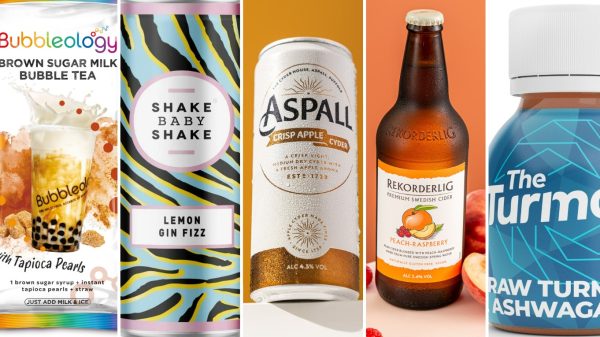Millions of supermarket chickens have shown skin burns from being left in their excrement, a new investigation by animal welfare campaign group, Open Cages has revealed.
The brown and black ulcerated burns, also known as hock marks, are caused by ammonia from the animal’s own waste burning into its skin and are a sign of poor welfare on farms.
While still safe to eat, hock burns are often associated with a high-stocking density of birds and are a result of extended contact with moist and dirty litter. The marks often turn up on the legs of meat in packaged and prepared meat.
When 10 of the UK’s leading grocers were asked to provide data about how many chickens on their shelves display the marks, Co-op and Aldi had the highest rates. Five others refused to reveal their figures, according to the BBC.
Subscribe to Grocery Gazette for free
Sign up here to get the latest grocery and food news each morning
The UK’s biggest farm and food assurance scheme, Red Tractor, says the target rate for hock burn should be no more than 15% of a flock.
Despite not submitting data, discounter Lidl was the subject of store spot checks by the animal welfare campaign group.
Between September and November last year, volunteers were asked to check over 500 whole chickens on shelves at 22 Lidl supermarkets in nine UK store locations. It found that 74% of the chickens they checked had hock burn ulcers.
A Lidl spokesperson said: “The figures provided by Open Cages strongly conflict with our own data, which is lower than industry figures publicly available.”
“We take animal welfare extremely seriously, and the health of animals in our supply chain is closely monitored, with regular independent audits carried out to ensure that expected standards are being met.”
It is not the first time the quality of birds sold in supermarkets has been scrutinised.
Last year, an investigation was launched into dangerously high-stocking density chicken – dubbed as ‘Frankenchicken‘.
While earlier this week, Co-op said it would be switching to higher-welfare fresh chicken following a “multimillion-pound investment” to adhere to the requirements set out by the Better Chicken Commitment (BCC).










